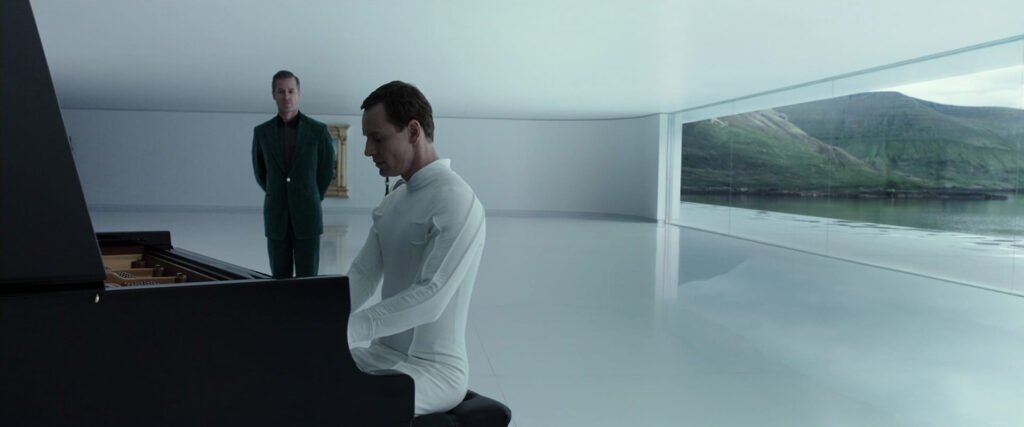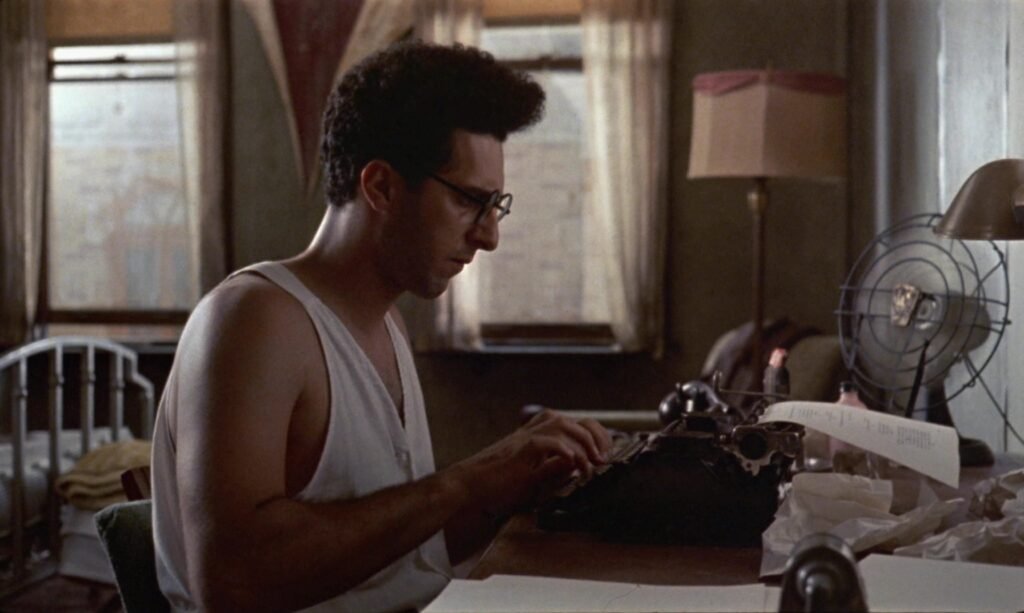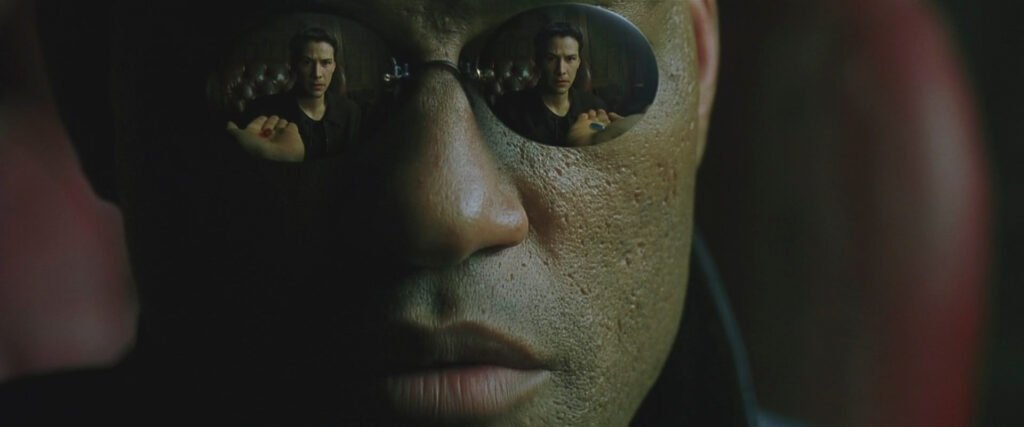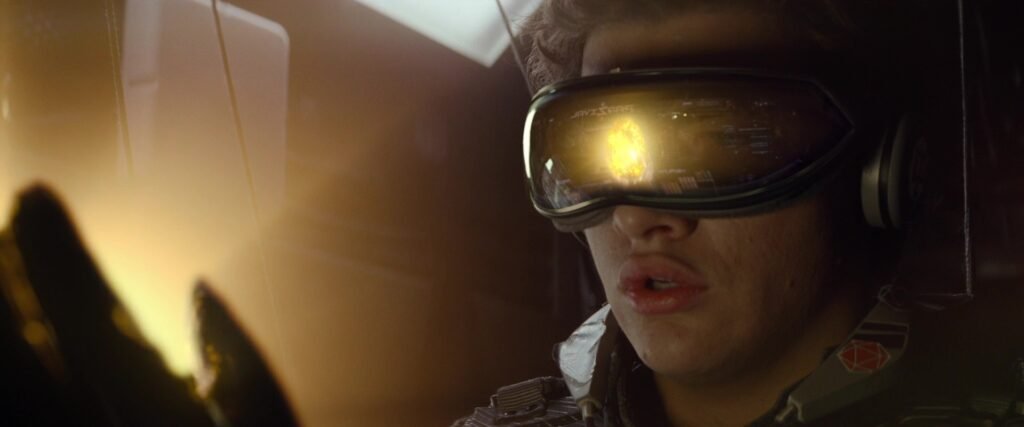Will ai be able to make movies? Artificial Intelligence (AI) marks a new frontier in the cinematic landscape, offering a blend of technological innovation and creative storytelling. Its integration into various aspects of film production, from scriptwriting to post-production, has sparked discussions about its role and implications in the industry. This inquiry delves into whether AI will supersede human roles in filmmaking or complement them as a tool for enhancing creativity and efficiency.
The exploration of AI in the film industry isn’t just about its functional applications; it’s an intricate dance between technology and art. It raises fundamental questions about the essence of creativity and the future of storytelling in cinema. As AI continues to evolve and integrate into filmmaking processes, it presents both opportunities and challenges that reshape the traditional paradigms of movie creation.
At the heart of this discussion is the dynamic interplay between human ingenuity and AI’s computational power. This narrative seeks to unravel the complexities of this relationship, examining how AI’s capabilities can be harnessed to enrich the filmmaking process while preserving the unique touch of human creativity. The overarching goal is to understand AI not as a replacement for human filmmakers but as a transformative tool that can redefine the art of cinema.
As we venture into this exploration, it’s crucial to consider the balance between technological advancements and the preservation of the core elements that make filmmaking an inherently human endeavor. The integration of AI in cinema is a testament to the ever-evolving nature of art and technology, highlighting the need for a harmonious coexistence that leverages the best of both worlds.
Table of Contents

Current Applications of AI in Filmmaking
AI in Scriptwriting and Story Generation – Will AI be able to make movies?
The application of AI in scriptwriting marks a significant shift in the creative process of filmmaking. AI-driven tools, by analyzing vast datasets, offer novel insights and suggestions for narrative development. These tools assist writers in exploring diverse plot possibilities and character arcs, enhancing the depth and breadth of storytelling. Yet, this technological aid must be balanced with the writer’s creative intuition to maintain the story’s emotional and cultural authenticity.
AI’s involvement in dialogue creation is equally noteworthy. By processing extensive film scripts and literary works, AI algorithms can generate dialogue options that resonate with different genres and character profiles. This capability enriches the script with linguistic diversity, aiding writers in crafting more nuanced and engaging conversations. However, the final crafting of dialogues and character interactions still relies heavily on the writer’s understanding of human emotions and experiences.
In character development, AI provides data-driven insights into character traits and dynamics that can captivate diverse audiences. These tools analyze audience reactions and preferences, aiding writers in creating characters that are relatable and appealing. However, the essence of character creation – understanding the depths of human psychology and emotion – remains a domain where human creativity is irreplaceable.
The role of AI in story generation extends to offering alternative narrative pathways and thematic explorations. By suggesting plot twists and thematic elements based on trending genres or successful movies, AI can inspire writers to explore new creative territories. Nonetheless, the heart of storytelling – weaving narratives that resonate with human experiences and emotions – is an art form that AI can augment but not replace.

AI in Pre-Production and Planning
In the realm of pre-production, AI’s impact is seen in streamlining casting processes and logistical planning. AI tools analyze historical data and performance metrics to recommend actors who might enhance the film’s market appeal. This data-driven approach aids casting directors in making informed decisions, although the final casting choices hinge on human judgment, considering the actor’s fit for the role beyond mere analytics.
AI’s role in location scouting introduces a new level of efficiency. By analyzing script descriptions and available location databases, AI can quickly suggest suitable filming locations, reducing the time and resources traditionally required for scouting. This technological assistance allows filmmakers to focus on creative aspects of location selection, such as the aesthetic and thematic relevance to the story.
The scheduling of film shoots is another area where AI significantly contributes. By optimizing shooting schedules based on actor availability and logistical constraints, AI minimizes conflicts and enhances production efficiency. This not only streamlines the pre-production process but also allows for a more focused allocation of resources towards creative endeavors.
AI’s application in resource planning and budgeting is transforming how filmmakers approach film production. By predicting costs associated with casting, crewing, and technology, AI enables more accurate budgeting and resource allocation. This predictive capability is instrumental in ensuring that films are produced within budgetary constraints while maintaining creative integrity.
AI in Film Production
AI’s integration into performance capture technology is revolutionizing film production. By analyzing actors’ movements and expressions in real time, AI provides valuable feedback that enhances performance quality. This technology allows for more nuanced and authentic performances, particularly in genres that rely heavily on special effects and CGI.
In set design, AI’s contribution is seen in the pre-visualization of sets through advanced 3D modeling. This enables directors and production designers to experiment with different design concepts before physical construction, ensuring that the final set aligns perfectly with the film’s visual narrative. This not only saves time and resources but also opens up new possibilities for creative set design.
The use of AI in managing complex production logistics is another area of impact. AI algorithms can efficiently handle the coordination of crew, equipment, and location schedules, ensuring a smooth and uninterrupted filming process. This operational efficiency allows the production team to devote more time and attention to the creative aspects of filmmaking.
AI’s role in enhancing film production extends to real-time data analysis and decision-making. By processing data from various production aspects, AI can offer insights that improve filming techniques, lighting setups, and camera movements. This real-time assistance empowers directors and cinematographers to make informed decisions that elevate the visual storytelling of the film.
Challenges and Limitations of AI in Filmmaking
Ethical and Copyright Concerns
The rise of AI in filmmaking brings to the fore critical ethical concerns, particularly around intellectual property rights and the authenticity of content. As AI learns and generates content based on existing works, it poses the risk of unintentionally infringing on copyrighted material, raising questions about the originality and legality of AI-generated content.
The utilization of deepfake technology in filmmaking, while offering creative possibilities, also presents significant ethical dilemmas. The ability to manipulate images and videos of individuals raises issues around consent, representation, and the potential for misuse. This technology’s implications for privacy and the integrity of visual media necessitate careful consideration and ethical guidelines.
Creative limitations of AI in filmmaking are a major concern. AI, despite its analytical capabilities, lacks the inherent understanding of the human condition that is central to storytelling. It struggles to capture the subtleties of human emotions, cultural contexts, and the depth of narrative that are fundamental to the art of cinema.
The potential over-reliance on AI for data-driven decision-making in filmmaking is another limitation. Relying too heavily on AI’s predictive analytics could lead to homogenized and formulaic content, undermining the creative risks and innovation that are the hallmarks of great cinema. It’s crucial to maintain a balance where AI is used as a tool to inform decisions, not dictate them.

The Future of AI in Filmmaking
AI’s Role in Predictive Analytics and Audience Engagement
As AI technology advances, its role in filmmaking is expected to expand, particularly in predictive analytics. AI’s ability to analyze trends and predict box office success could become an invaluable tool for studios in making strategic decisions about film production and distribution. This could lead to a more data-driven approach to filmmaking, where decisions are informed by AI-generated insights.
The future of AI in audience engagement is particularly intriguing. With advancements in AI, filmmakers could offer personalized viewing experiences, tailoring content to individual viewer preferences. This level of personalization has the potential to redefine audience interaction with cinema, creating more immersive and engaging cinematic experiences.
Enhanced Creative Assistance and Virtual Cinematography
In scriptwriting, the future of AI looks promising as it evolves to provide more sophisticated and creative assistance. AI could aid writers in exploring new narrative dimensions, suggesting unique plot twists, and enriching character development. However, the nuanced understanding of human emotions and experiences will continue to rely on the writer’s creative intuition.
The potential of AI in virtual cinematography is vast. Future advancements could see AI suggesting innovative camera angles, lighting techniques, and shot compositions. This would not only streamline the filmmaking process but also open up new avenues for creative expression in cinematography. However, the artistic vision and final decision-making will remain the prerogative of human directors and cinematographers.
The integration of AI in filmmaking represents a significant evolution in the industry. While it presents challenges, particularly in maintaining ethical standards and creative integrity, it also offers opportunities for innovation and efficiency. The essence of filmmaking – storytelling, emotional resonance, and artistic expression – remains a distinctly human endeavor. AI, in its current and foreseeable state, is best positioned as a collaborative tool in filmmaking, augmenting human creativity rather than replacing it. As technology continues to advance, the relationship between AI and human filmmakers will likely deepen, leading to a new era of innovation and creativity in cinema.

When Will AI Generate a Hollywood Blockbuster?
Predicting the AI-powered blockbuster’s arrival is tricky; some experts see a basic film within a year, while others envision a polished Netflix contender in five. While technical hurdles like nuanced acting and emotional resonance remain, rapid advancements in AI storytelling suggest a Hollywood debut could occur earlier than we think, potentially transforming the industry within the next decade.
What are 5 Ways AI Movies and Deep Learning Will Shape The Future of Filmmaking?
From script doctors offering plot tweaks to real-time virtual sets morphing on the fly, AI and deep learning are poised to revolutionize filmmaking in five key ways:
1. Storytelling enhancements: AI tools will analyze audience data and suggest character arcs, plot progressions, and even generate personalized narratives.
2. Production efficiency: VFX, editing, and even music composition will be partially automated, slashing costs and timeframes.
3. Immersive realities: Virtual production stages will blend physical sets with digital landscapes in real time, blurring the lines between reality and fiction.
4. Personalized experiences: AI-powered editing platforms will tailor films to individual viewers, offering branching narratives and dynamic soundtracks.
5. Democratized filmmaking: Affordable AI tools will empower independent creators, fostering a more diverse and inclusive film landscape. Prepare for a future where AI isn’t just a special effect, but a co-writer, director, and editor, redefining the very essence of filmmaking.
What is the future of AI Movies?
The future of AI movies is a canvas as vast as the imagination itself. On one hand, AI could become a powerful storytelling tool, generating hyper-realistic special effects, crafting personalized narratives that adapt to viewer choices, and even writing original screenplays that tap into the vast knowledge gleaned from the web. Imagine a world where films morph and change based on your emotional responses, or where you co-create a story with an AI director, shaping the plot and characters in real time.
On the other hand, AI’s influence could raise ethical concerns, blurring the lines between reality and fiction, and potentially homogenizing storytelling if left unchecked. But ultimately, the future of AI movies lies in the hands of human creators. By harnessing the technology’s potential while preserving our own ingenuity and empathy, we can craft stories that are not only visually stunning but also deeply human, challenging us, surprising us, and leaving us long after the credits roll.
Are human beings the only ones who can create movies?
While humans currently hold the reins on movie creation, the future’s a bit blurrier. AI is already composing music, writing scripts, and generating special effects, pushing the boundaries of collaborative creativity. Who knows, with their ever-evolving capabilities, perhaps one day even our most captivating stories will be spun by non-human hands, and woven into the very fabric of cinematic dreams.